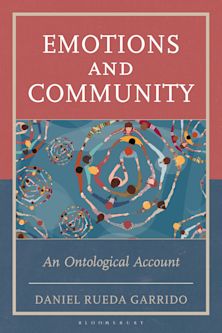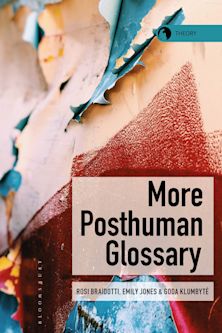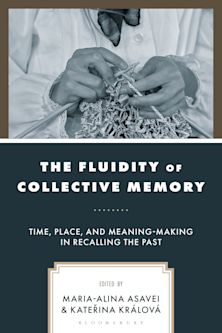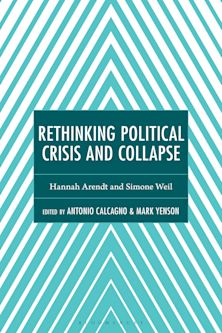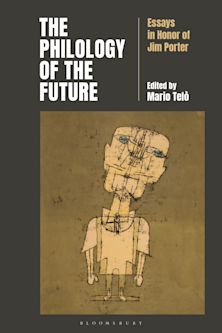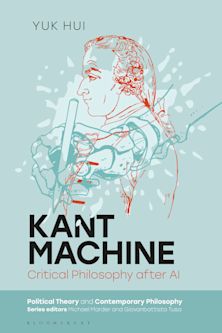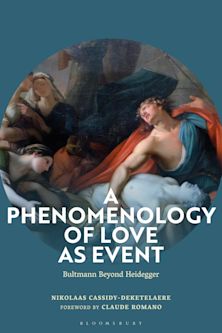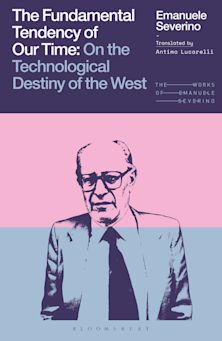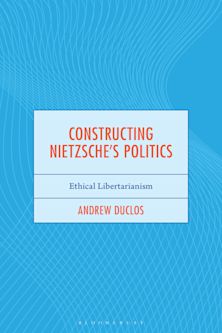- Home
- ACADEMIC
- Philosophy
- Continental Philosophy
- Lacanian Realism
Lacanian Realism
Political and Clinical Psychoanalysis
Lacanian Realism
Political and Clinical Psychoanalysis
You must sign in to add this item to your wishlist. Please sign in or create an account
Description
Alain Badiou has claimed that Quentin Meillassoux's book After Finitude (Bloomsbury, 2008) “opened up a new path in the history of philosophy.” And so, whether you agree or disagree with the speculative realism movement, it has to be addressed. Lacanian Realism does just that. This book reconstructs Lacanian dogma from the ground up: first, by unearthing a new reading of the Lacanian category of the real; second, by demonstrating the political and cultural ingenuity of Lacan's concept of the real, and by positioning this against the more reductive analyses of the concept by Slavoj Žižek, Alain Badiou, Saul Newman, Todd May, Joan Copjec, Jacques Rancière, and others, and; third, by arguing that the subject exists intimately within the real. Lacanian Realism is an imaginative and timely exploration of the relationship between Lacanian psychoanalysis and contemporary continental philosophy.
Table of Contents
Katerina Kolozova
Acknowledgements
List of Figures and Tables
Introduction
Part I: Metaphysics and Hysteria: A Clinical Overview
Chapter 1: Eisegesis of Hysteria in Lacan's Teaching
Chapter 2: The Phallus as Signifying Function
Chapter 3: From Signifying Function to the Thing Function
Chapter 4: The New Contradiction: Things and Subjects
Chapter 5: Non-Psychoanalysis: The New Hysterical Question
Part II: Politics and Obsession
Chapter 6: From Hysteria to Obsession: On the Question of Style
Chapter 7: The Question of Repetition or the Repetition of a Question
Chapter 8: From Obsession to Hysteria
Chapter 9: The Good Work of the Slave
Chapter 10: The Situation of Obsessional Politics
Chapter 11: The Knot of Rupture
Part III: Numbers and Things
Chapter 12: Making Things Count and Things Making Count
Chapter 13: The Coup de Force of 3
Chapter 14: Transcendental Barriers for Thinking Immanence; How to Make a Borromean Knot Out of a Single Piece of String
Bibliography
Index
Product details

| Published | 25 Jan 2018 |
|---|---|
| Format | Ebook (PDF) |
| Edition | 1st |
| Extent | 192 |
| ISBN | 9781350003552 |
| Imprint | Bloomsbury Academic |
| Series | Bloomsbury Studies in Continental Philosophy |
| Publisher | Bloomsbury Publishing |
About the contributors
Reviews
-
Rousselle's efforts must be applauded and his originality celebrated, for he has brought together disciplines-philosophy, politics, psychoanalysis-that do not always make for intellectual bedfellows. Summing Up: Recommended. Graduate students, researchers, faculty, and professionals.
CHOICE
-
Rousselle carefully constructs his argument about a 'first order real' that is distinct from the second order 'symbolic real' for which Lacan is better known. He thereby opens up a number of productive connections with recent developments in continental philosophy, such as the set-theoretical ontology of Alain Badiou and the anti-Correlational 'Speculative Realism' of his student, Quentin Meillassoux. To Rousselle's credit, at the same time to he keeps in view clinical questions relating to psychic structures, principally obsessional neurosis and hysteria.
Colin Wright, Associate Professor of Critical Theory, University of Nottingham, UK
-
Lacanian Realism is a timely theoretical intervention into a continental philosophical debate, passionately 'demanding the impossible' by positioning the Lacanian Real within three respective fields, namely, clinical and metaphysical thought, radical political theory, and mathematics... An important contribution to the fields of continental philosophy, Lacanian psychoanalysis, feminism, and posthumanism.
Chyatat Supachalasai, Lecturer in Political Theory and International Relations, Suan Dusit University, Thailand

ONLINE RESOURCES
Bloomsbury Collections
This book is available on Bloomsbury Collections where your library has access.












